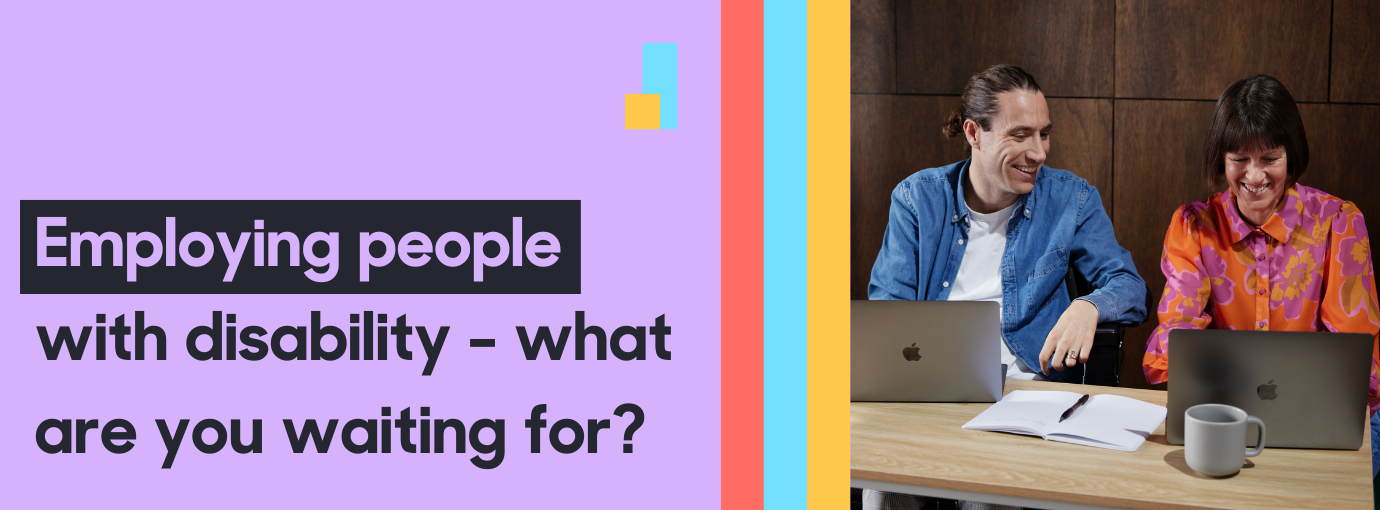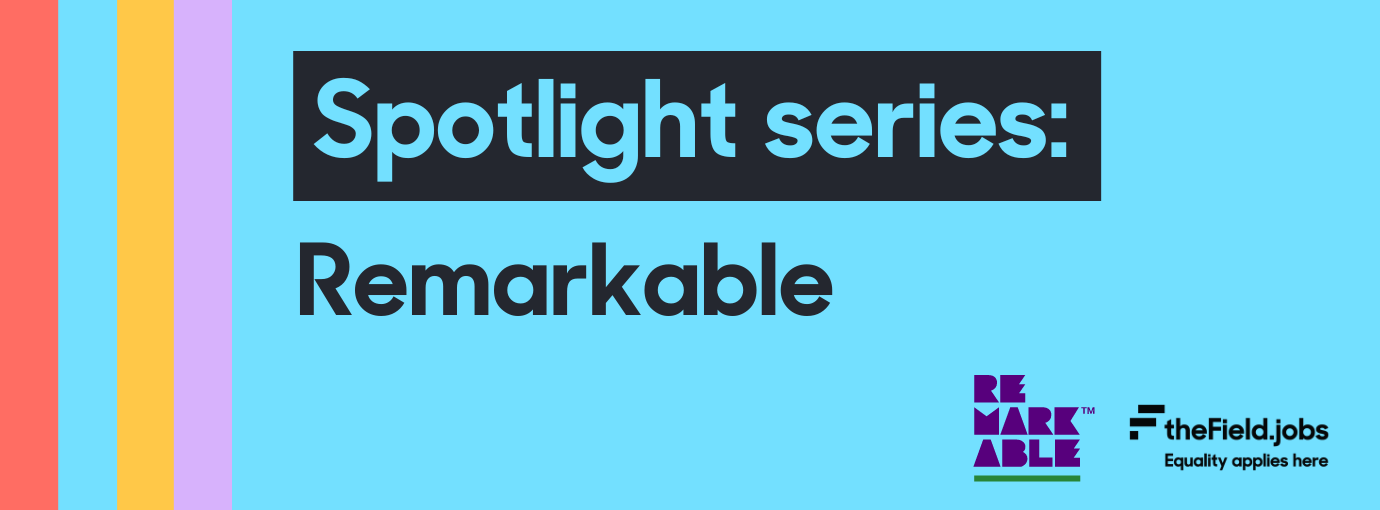It’s more than likely that you have heard of the recent significant growth in the use of AI across all industries. The use of AI has been present in recruitment processes for longer than many would guess, from resume scraping to short-listing and even interviewing candidates.
With large organisations such as Google now adding AI to their product offering, it’s easier than ever to incorporate AI into the day to day. So what are some of the key ways AI impacts employment?
What is AI?
To start with, let’s dive into exactly what AI is. Artificial intelligence aims to reproduce human characteristics with a digital device, and ultimately outperform how fast and well humans can perform tasks.
AI isn’t anything new. A computer technically fits under the definition, as does Alexa and Siri on our phones. Even coffee makers, fridges and other appliances have inbuilt AI these days.
What is new is the variety of tasks and speed with with AI can perform those tasks. With the introduction of AI platforms like chatGPT and Midjourney, AI development has come so far that schools and universities are now having to worry about students using AI programs to complete assignments.
How is it impacting employment?
Selecting candidates
AI is being used by many large organisations to scrape resumes and select candidates.
The Field has previously talked about resumes and the way to get noticed by hiring managers, but when AI is involved, the way to get noticed does change slightly. Sadly, this does mean that unconscious bias can come into play.
When a hiring manager uses AI to shortlist candidates, they may get the AI to filter for certain words or skills. Therefore, it doesn’t look beyond these things and look at what else the potential employee has to offer the company.
With AI also trained to look for the “normal” it may filter out people with disability, which was the case with HireVue. As mentioned in the research “Disability, Bias and AI”, this video-interviewing AI system looks at tone of voice, facial movements, etc, which for a person with disability, may not be considered “normal”. So while unconscious, it can create bias and it may not present these candidates to the hiring manager.
For hiring managers, it’s their job to be aware of issues like this that can arise from AI and to ensure that AI is as unbiased as it can be when shortlisting candidates.
New/different jobs
New and different jobs are nothing new when it comes to advances in technology; who knew that a job like a social media manager would exist 20 years ago? So, with AI we are just seeing this progress more.
In terms of different jobs, AI may assist you to perform timely tasks which then allows you to be more productive and focus on tasks that need a human to complete them. For example, AI may help you to write the summary of a report but you have to put the report together.
The one area of employment that AI won’t fully take over (at this stage) is jobs that require human-to-human contact or a creative component. For example, with jobs in customer service, while bots can assist with custom problems, people tend to prefer when a human is helping them to solve the issue.
You can keep on top of new and different jobs by ensuring that you’re upskilling so that you always have skills that are needed in a job which can be performed by humans.
With AI constantly advancing, hopefully it will evolve to remove bias towards people with disability and even work with them to complete their jobs. However, until then it’s our job to ensure that people with disability are treated fairly and are given equal opportunities!
Are you hiring for a job or looking for a new job? See the jobs currently on the Field!




